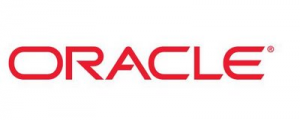Reporting obligation on cross arrangements
17.12.2019Company: Amcham
Following the OECD’s BEPS project (Base Erosion and Profit Shifting) a new Directive 2011/16/EU on administrative cooperation in the field of taxation – DAC 6 brings a new reporting obligation on cross border arrangements, which fulfil certain criteria.
Reporting obligation falls on “intermediaries“, i.e. mostly advocates, tax advisors, but in certain situations directly on the taxpayer itself. EU member countries are obliged to implement DAC 6 by the end of 2019.
In the Czech Republic, the amendment will be valid from 1. 1. 2020 and effective from 1st July 2020. From that day the reporting obligation will be effective retrospectively from 25th June 2018, i.e. the date when DAC 6 became effective.
Non-compliance by either intermediaries or taxpayers will attract penalties up to 500.000 CZK.
Cross border arrangements can be split into two groups, whereas into the first group fall the arrangements, which need to be reported if the below criteria are met together with the Main benefit test. The Main benefit test is met where one of the main benefits expected from an arrangement is a tax advantage.
1. The first group of cross border arrangements, which meet the main benefit test, contain one
of the following criteria:
1.1 Taxpayer or participant under a confidentiality condition in respect of how the
arrangements secure a tax advantage,
1.2 Intermediary paid by reference to the amount of tax saved or whether the scheme is
effective,
1.3 Standardised documentation and/or structure,
1.4 Loss-buying,
1.5 Converting income into capital,
1.6 Circular transactions resulting in the round-tripping of funds with no other primary
commercial function,
>> More.
Tags: Law |







